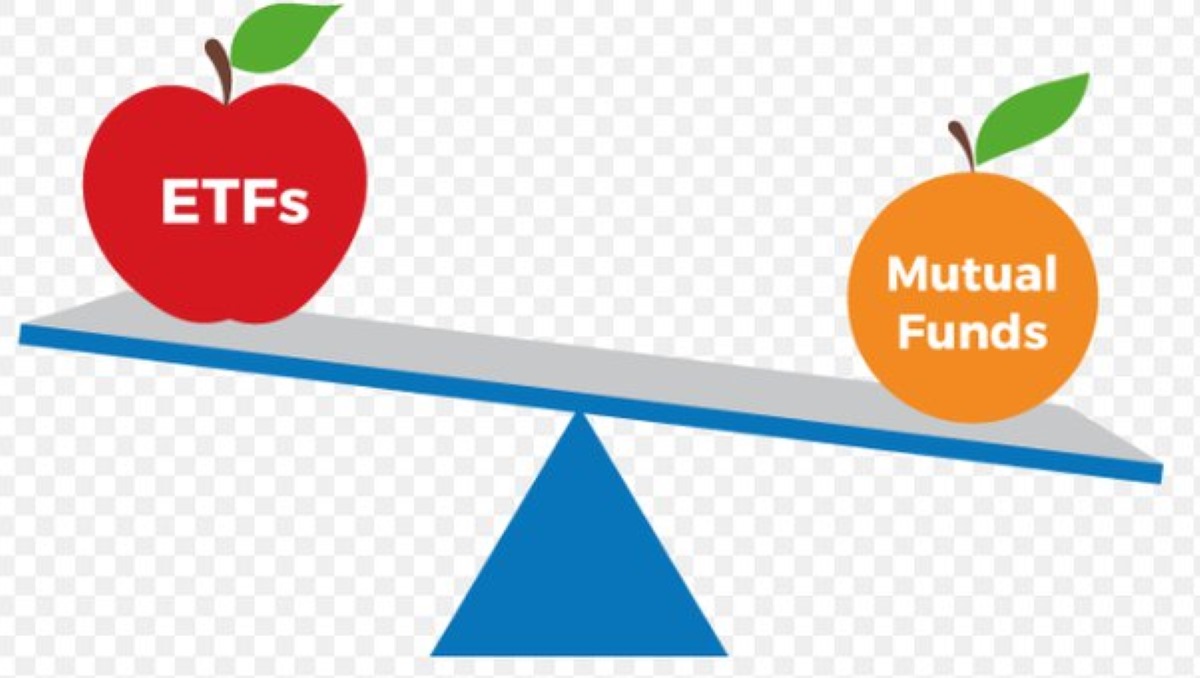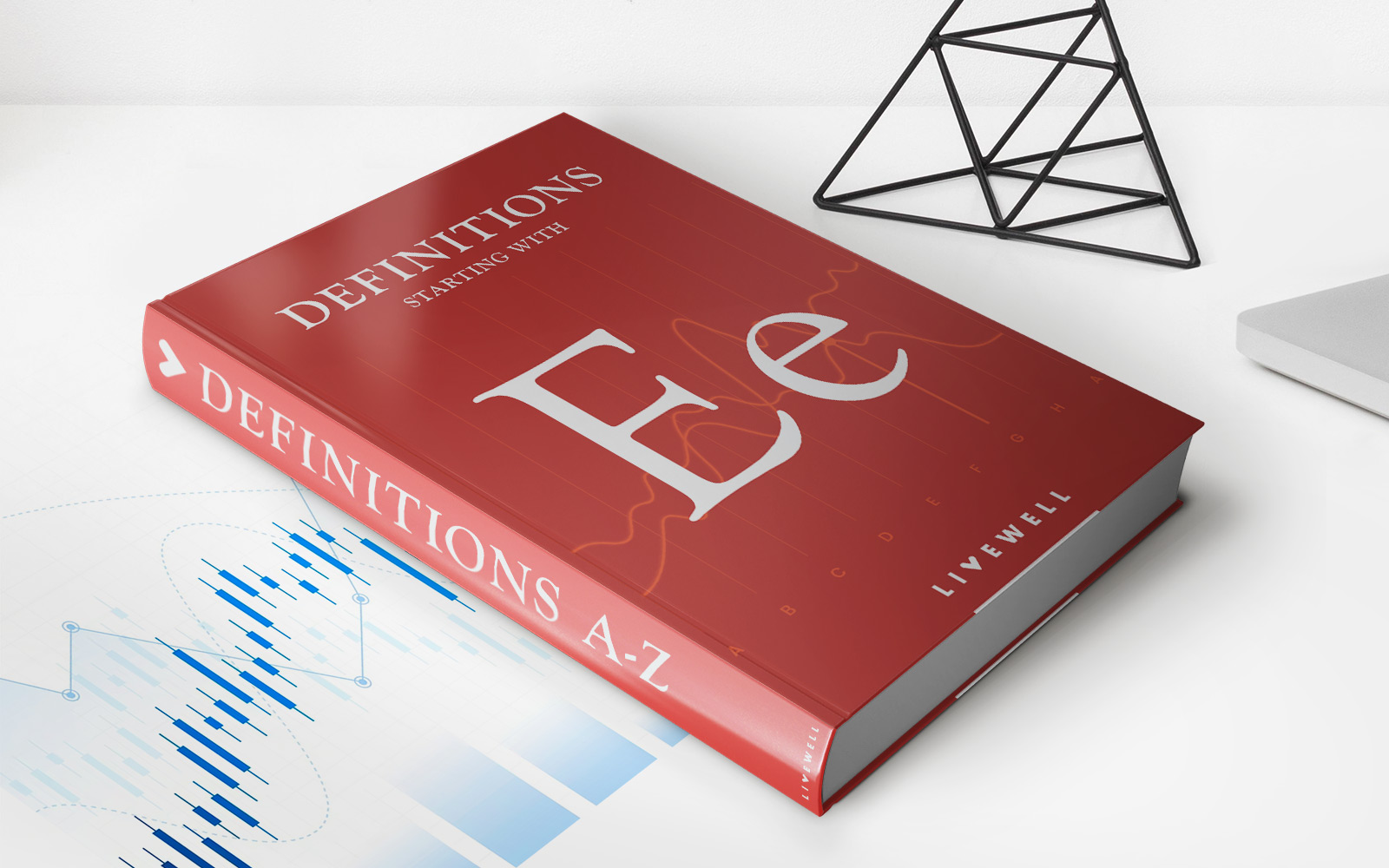Home>Finance>What Are Some Of The Similarities And Differences Among Mutual Funds, Pension Funds, And Hedge Funds?


Finance
What Are Some Of The Similarities And Differences Among Mutual Funds, Pension Funds, And Hedge Funds?
Published: January 23, 2024
Discover the similarities and differences among mutual funds, pension funds, and hedge funds in the world of finance. Learn how these investment options vary and align.
(Many of the links in this article redirect to a specific reviewed product. Your purchase of these products through affiliate links helps to generate commission for LiveWell, at no extra cost. Learn more)
Table of Contents
Introduction
In the realm of finance, various investment vehicles offer individuals and institutions opportunities to grow their wealth. Among these options, mutual funds, pension funds, and hedge funds stand out as popular choices for investors seeking diverse benefits. Understanding the similarities and differences among these investment vehicles is crucial for making informed financial decisions.
Each of these funds operates with distinct objectives, strategies, and regulatory frameworks. While mutual funds aim to provide individual investors with diversified portfolios, pension funds primarily serve as retirement savings vehicles for employees. On the other hand, hedge funds cater to accredited or high-net-worth investors, employing more complex strategies to potentially achieve higher returns.
Exploring the commonalities and disparities among mutual funds, pension funds, and hedge funds is essential for investors to comprehend the nuances of these investment instruments and align their financial goals with the most suitable option. This comprehensive analysis will shed light on the distinctive features of these funds, empowering investors to make well-informed choices tailored to their specific needs and risk appetites.
Definition of Mutual Funds
Mutual funds are investment vehicles that pool money from numerous individual and institutional investors to purchase a diversified portfolio of stocks, bonds, or other securities. These funds are managed by professional portfolio managers who make investment decisions based on the fund’s objectives and strategies.
Investors in mutual funds purchase shares, which represent their proportional ownership of the fund’s holdings. One of the key advantages of mutual funds is their diversification, as they allow investors to access a broad range of securities without needing to directly manage a portfolio. Additionally, mutual funds provide liquidity, enabling investors to buy or sell shares on any business day at the fund’s net asset value (NAV).
Mutual funds come in various types, including equity funds, bond funds, money market funds, and balanced funds, catering to different investment objectives and risk profiles. These funds offer investors the opportunity to participate in the financial markets with the guidance of experienced fund managers, making them an accessible and popular choice for those seeking professional investment management.
Furthermore, mutual funds often provide dividend distributions and capital gains to their shareholders, enhancing the potential for returns. They are regulated investment products, subject to oversight by regulatory bodies to ensure compliance with industry standards and investor protection.
Definition of Pension Funds
Pension funds are investment pools specifically designed to provide retirement benefits for employees. These funds are typically sponsored by employers, who contribute on behalf of their employees, or by government entities for public sector workers. Pension funds are a vital component of retirement planning, serving as long-term savings vehicles to support individuals during their post-employment years.
Unlike mutual funds, which are open to a wide range of investors, pension funds are typically accessible only to employees participating in an employer-sponsored pension plan. These funds are governed by strict regulations and fiduciary responsibilities to ensure that retirement assets are managed prudently and in the best interests of the beneficiaries.
Pension funds often invest in a diversified portfolio of assets, including stocks, bonds, real estate, and other financial instruments, with the primary goal of generating returns to fund pension obligations. The investment strategies of pension funds are geared towards achieving long-term growth and stability, aligning with the extended investment horizon associated with retirement planning.
Employees who contribute to pension funds benefit from the potential for compounding returns over their working years, as well as the assurance of a retirement income stream once they reach the eligible age or fulfill specific service requirements. Pension funds are structured to provide retirement security, aiming to mitigate the risk of outliving one’s savings and maintaining financial stability in old age.
Given the critical role of pension funds in securing retirement income, they are subject to oversight by regulatory authorities and are often governed by stringent investment guidelines and risk management protocols to safeguard the interests of pension plan participants.
Definition of Hedge Funds
Hedge funds are alternative investment vehicles that cater to accredited or high-net-worth investors, employing diverse and often complex strategies to potentially generate high returns. Unlike mutual funds and pension funds, hedge funds operate with more flexibility in their investment approaches, often engaging in strategies such as leveraging, short selling, and derivatives trading.
These funds are managed by skilled investment professionals who seek to capitalize on market inefficiencies and exploit opportunities across various asset classes. Hedge funds typically pursue absolute returns, aiming to deliver positive performance regardless of market conditions, making them an attractive option for investors seeking diversification and risk management.
One distinguishing feature of hedge funds is their ability to use leverage, allowing them to amplify their investment positions and potentially enhance returns. Additionally, hedge funds often charge performance fees based on the profits generated, aligning the interests of fund managers with those of the investors and incentivizing strong performance.
While hedge funds offer the potential for high returns, they also entail higher levels of risk and are less regulated compared to traditional investment funds. This characteristic grants hedge fund managers greater flexibility in their investment decisions but also necessitates a thorough understanding of the associated risks for investors considering allocation to these funds.
Due to their sophisticated strategies and targeted investor base, hedge funds play a distinct role in the investment landscape, providing opportunities for portfolio diversification and exposure to unique investment strategies that may not be readily available through conventional investment vehicles.
Similarities Among Mutual Funds, Pension Funds, and Hedge Funds
While mutual funds, pension funds, and hedge funds serve different investor segments and possess unique characteristics, they share several similarities that underscore their roles in the investment landscape.
- Professional Management: All three types of funds are managed by experienced investment professionals who make strategic decisions to achieve the fund’s objectives. Whether it involves diversifying a mutual fund’s portfolio, securing long-term returns for a pension fund, or employing sophisticated strategies in a hedge fund, professional management is a common thread.
- Diversification: Each fund type emphasizes the importance of diversification in managing risk and optimizing returns. Mutual funds achieve diversification by pooling investors’ contributions to create a broad portfolio of securities, while pension funds and hedge funds also prioritize diversification to mitigate risk and capture opportunities across various asset classes.
- Investor Participation: Investors in all three fund types have the opportunity to participate in professionally managed investment strategies that align with their financial goals. Whether it’s individual investors in mutual funds, employees contributing to pension funds, or accredited investors in hedge funds, each group benefits from the expertise of seasoned investment professionals.
- Regulatory Oversight: Mutual funds, pension funds, and hedge funds are subject to regulatory oversight to varying degrees, aimed at protecting investors and ensuring transparency and compliance with industry standards. This regulatory framework helps instill confidence in the funds’ operations and safeguards the interests of investors.
These shared characteristics underscore the fundamental principles of prudent investment management and the commitment to delivering value to investors across different segments of the financial markets.
Differences Among Mutual Funds, Pension Funds, and Hedge Funds
While mutual funds, pension funds, and hedge funds exhibit commonalities in their professional management and emphasis on diversification, they also possess distinct characteristics that set them apart in terms of investor accessibility, investment objectives, and regulatory frameworks.
- Investor Accessibility: Mutual funds are open to a wide range of individual and institutional investors, offering accessibility to retail investors seeking diversified investment options. In contrast, pension funds are typically accessible only to employees participating in employer-sponsored retirement plans, while hedge funds cater to accredited or high-net-worth investors, imposing higher entry barriers.
- Investment Objectives: Mutual funds are designed to provide investors with diversified exposure to various asset classes, aligning with their risk profiles and investment goals. Pension funds primarily serve as retirement savings vehicles, aiming to secure long-term returns to fund retirement obligations. Hedge funds, on the other hand, pursue absolute returns and often employ complex strategies to capitalize on market inefficiencies.
- Regulatory Framework: Mutual funds are subject to stringent regulatory oversight, with requirements for transparency, disclosure, and investor protection. Pension funds are governed by regulations aimed at safeguarding retirement assets and ensuring fiduciary responsibilities are met. Hedge funds, while subject to certain regulations, operate with greater flexibility and are less constrained by regulatory requirements compared to mutual and pension funds.
- Investment Strategies: Each fund type employs distinct investment strategies tailored to their objectives. Mutual funds typically follow more traditional investment approaches, such as passive index tracking or active management. Pension funds focus on long-term growth and stability, often allocating a significant portion of their portfolios to fixed income securities. Hedge funds utilize alternative and often complex strategies, including leveraging, short selling, and derivatives trading, to pursue higher returns.
These differences underscore the diverse roles and characteristics of mutual funds, pension funds, and hedge funds, reflecting their unique value propositions and suitability for investors with varying financial objectives and risk tolerances.
Conclusion
Understanding the distinctions and commonalities among mutual funds, pension funds, and hedge funds is essential for investors navigating the dynamic landscape of investment options. While these funds share fundamental principles such as professional management and diversification, their unique characteristics cater to different investor segments and financial objectives.
Mutual funds stand out as accessible vehicles that provide retail and institutional investors with diversified exposure to the financial markets, offering a broad range of investment options aligned with varying risk profiles. Pension funds play a vital role in retirement planning, serving as long-term savings vehicles for employees and emphasizing stability and long-term growth to secure retirement income.
On the other hand, hedge funds target accredited or high-net-worth investors, employing sophisticated strategies to potentially achieve high returns, albeit with higher risk levels. Their flexibility in investment approaches and pursuit of absolute returns distinguish them from traditional mutual and pension funds.
While mutual funds, pension funds, and hedge funds operate within distinct regulatory frameworks and cater to different investor bases, they collectively contribute to the diversification and sophistication of the investment landscape. Each fund type serves a unique purpose, offering investors opportunities to participate in professionally managed investment strategies tailored to their financial goals and risk preferences.
By comprehending the nuances of mutual funds, pension funds, and hedge funds, investors can make informed decisions aligned with their investment objectives and risk appetites. Whether seeking broad market exposure, retirement income security, or access to alternative investment strategies, the diverse array of funds available in the financial markets empowers investors to construct well-balanced and tailored investment portfolios.
Ultimately, the exploration of these investment vehicles underscores the importance of aligning investment choices with individual financial goals, risk tolerance, and time horizons, enabling investors to navigate the complexities of the financial markets with confidence and clarity.














